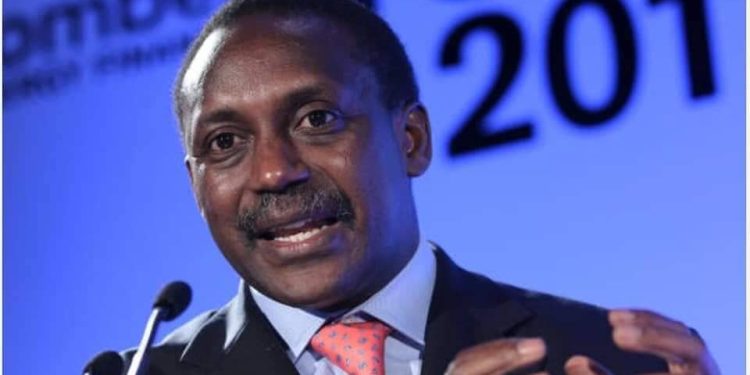By Hassan Osman Kargbo
Electricity is one of the fundamental necessities for modern living, but for the citizens of Sierra Leone, particularly in the capital city of Freetown, it has become a source of constant frustration and hardship.
Despite the efforts of the current government and the Electricity Distribution and Supply Authority (EDSA), the people of Freetown have been experiencing persistent power cuts that have disrupted their daily lives. For over a week, the city has been facing frequent on-and-off power outages, and this issue has only intensified during this Holy month of Ramadan, a time when families rely on electricity for cooking, food preservation, and other important activities.
The situation is particularly heart-rending for the Muslim community, who are observing Ramadan, a time of fasting, reflection, and prayer. For many, this month holds great spiritual significance, and basic needs like access to electricity are not just practical—they are a matter of dignity. Power cuts are making it incredibly difficult for families to store food for iftar, the evening meal that breaks the fast. Refrigerators are not working, and food spoils quickly in the sweltering heat, forcing people to either throw away valuable resources or find expensive alternatives to preserve their food.
“I can’t believe this is happening during Ramadan,” says Mariama Sesay, a resident of Wellington in Freetown stated. “The electricity keeps going off, and it’s really affecting us. We need to preserve food for iftar and suhoor, but we can’t do that when the power keeps going out. It’s incredibly frustrating.” Mariama’s frustration is echoed by many others who have to contend with daily disruptions in their routines because of the unreliable power supply.
The constant electricity cuts have had a broader impact as well, damaging household appliances that are vital for daily living. Refrigerators, air conditioners, and televisions are just a few of the items that are at risk of being damaged by the abrupt power surges that occur when the electricity comes back on after a power outage. Many residents have reported that their appliances have stopped working due to the power fluctuations, and such is particularly concerning for those who have already spent a significant amount of money on appliances and cannot afford to replace them. “I bought a new fridge just last month, and now it’s not working anymore,” says John Kargbo, another resident at Philip Street Wellington, Freetown. “This power situation is really hurting us. We can’t even preserve our food, and we’re losing money because of damaged appliances. It feels like no one cares.”
The lack of communication and transparency from EDSA and other stakeholders in the electricity sector is also contributing to the growing dissatisfaction among the people. Many citizens feel that the authorities are not taking the issue seriously enough, and there is a growing sense that the government is not doing enough to address the crisis. EDSA has provided little explanation for the ongoing outages, leaving many residents in the dark about what is being done to resolve the problem.
“The authorities are acting like everything is fine, but it’s not,” says Mariama Sesay. “We’ve been without power for hours at a time, and they keep saying it’s a ‘technical issue.’ But nothing is being done to fix it. The government needs to stop ignoring the suffering of the people.”
For many in Freetown, the electricity problem is not just an inconvenience—it is a matter of survival. In a city where many businesses depend on electricity for operation, the constant power cuts are crippling the local economy. Shops, restaurants, and small businesses are losing customers because they cannot operate efficiently during power outages. Additionally, some businesses have been forced to spend large sums of money on generators to stay afloat, adding another financial burden on the already struggling population.
“What are we supposed to do?” says Solomon Bangura, a small business owner. “We’re constantly losing business because of the power cuts. The cost of running a generator is high, and not everyone can afford it. It’s frustrating, and it’s hurting our livelihoods.”
The people of Freetown have been patient, but their patience is wearing thin. With the government and EDSA seemingly unable to provide a lasting solution, citizens are increasingly vocal about their dissatisfaction. Many are calling for more investment in the electricity infrastructure, better management of the existing power resources, and greater accountability from the authorities.
“Something needs to change,” says John Kargbo. “We can’t keep living like this. We need reliable electricity, especially during important times like Ramadan. The government and EDSA need to do better.”
The frequent on-and-off electricity situation in Freetown has become a symbol of the broader challenges facing the country’s infrastructure. The people of Freetown deserve better—they deserve reliable power, transparent communication, and a government that takes their needs seriously. Until then, the frustrations of the citizens will only continue to grow, as their patience runs out in the face of a problem that seems to have no end in sight.











